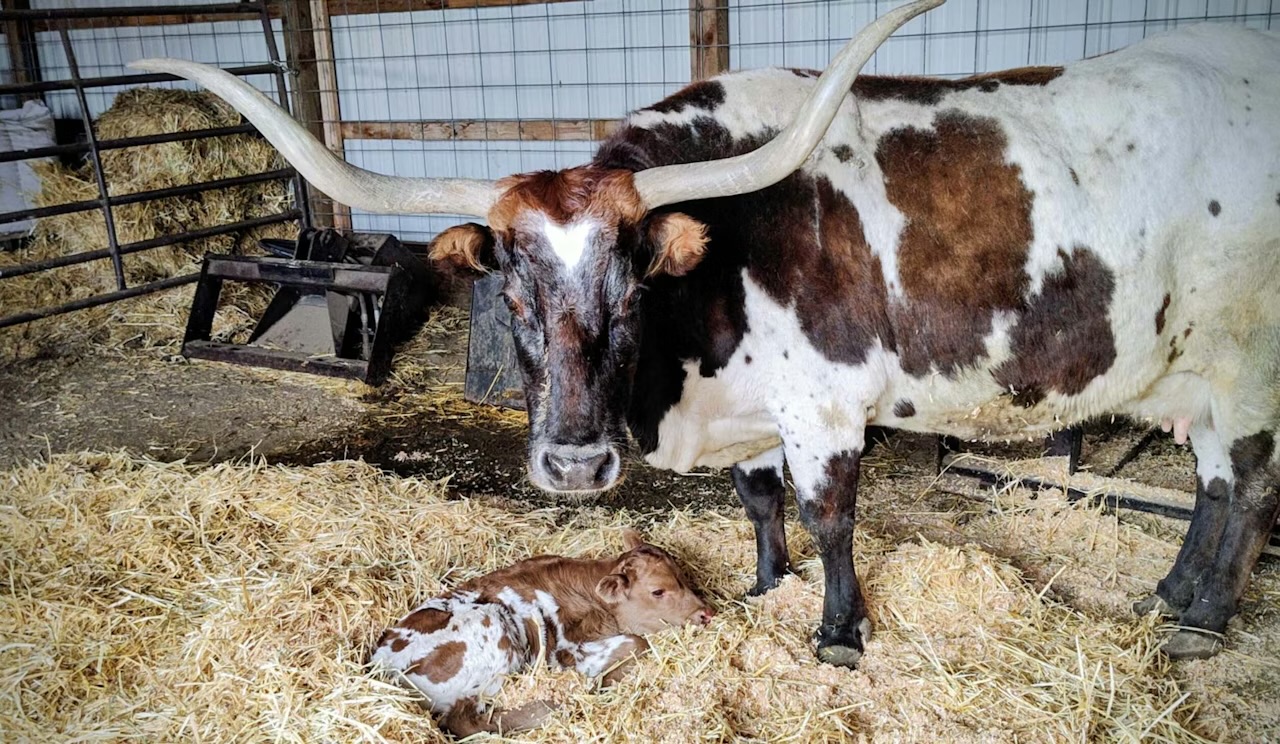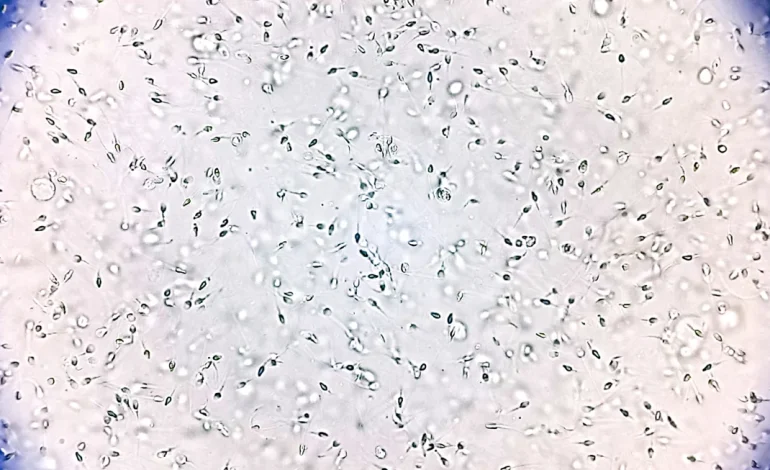A case involving a sperm donor carrying a rare genetic mutation linked to cancer has led to renewed calls for tighter regulation of the fertility industry and stricter limits on the number of children conceived from a single donor, CNN reports.
According to a presentation at the annual European Society of Human Genetics conference in Milan, sperm from a single donor was used to conceive at least 67 children from 46 families between 2008 and 2015 across eight European countries. Ten of the children have since developed cancers, including brain tumors and Hodgkin lymphoma, while another 13 carry the same genetic mutation but have not yet been diagnosed with cancer.
The donor was later found to carry a mutation in the TP53 gene, associated with Li-Fraumeni syndrome—a rare hereditary disorder that significantly increases the risk of developing various types of cancer. The mutation was not detected at the time of donation. The donor himself remains healthy.
Biologist Edwige Kasper of Rouen University Hospital in France, who presented the findings, emphasized the need for more consistent and restrictive regulation across Europe.
“At the heart of the problem seems to lie the regulation, or maybe the lack of regulation, of the number of births by a single donor,” she said.
Children conceived using the donor’s sperm were born in Belgium, Denmark, France, Germany, Greece, Spain, Sweden, and the United Kingdom. Those who carry the TP53 mutation now require lifelong medical surveillance, including routine whole-body and brain MRI scans, abdominal ultrasounds, and other specialist assessments. Kasper noted that while this monitoring is burdensome, it has helped with early tumor detection and improved outcomes.
The donor had provided sperm exclusively to the European Sperm Bank, a private facility in Denmark. Julie Paulli Budtz, vice president of corporate communications for the bank, expressed deep concern over the case, stating that the donor had undergone testing “even above the required standards,” but acknowledged the limitations of current genetic screening capabilities.
“Every human being has about 20,000 genes, and it is scientifically simply not possible to detect disease-causing mutations in a person’s gene pool if you don’t know what you are looking for,” Budtz said.
Currently, there is no universally enforced cap on how many children can be born from a single donor, and national regulations vary widely. France, for instance, limits a donor’s sperm to 10 births, while Denmark permits up to 12, and Germany allows 15. In contrast, the European Sperm Bank has voluntarily set an internal international limit of 75 families per donor.
Kasper stressed the need for unified international standards to prevent similar cases.
“There is a major issue here concerning a lack of harmonised regulation across Europe,” she said. “We need proper regulation at European level and measures to ensure a worldwide limit on the number of offspring conceived from the same donor.”










The latest news in your social feeds
Subscribe to our social media platforms to stay tuned